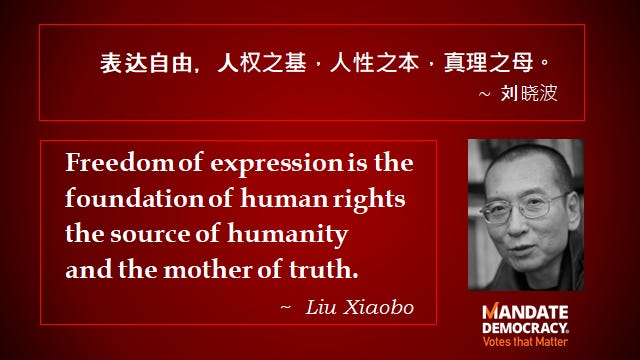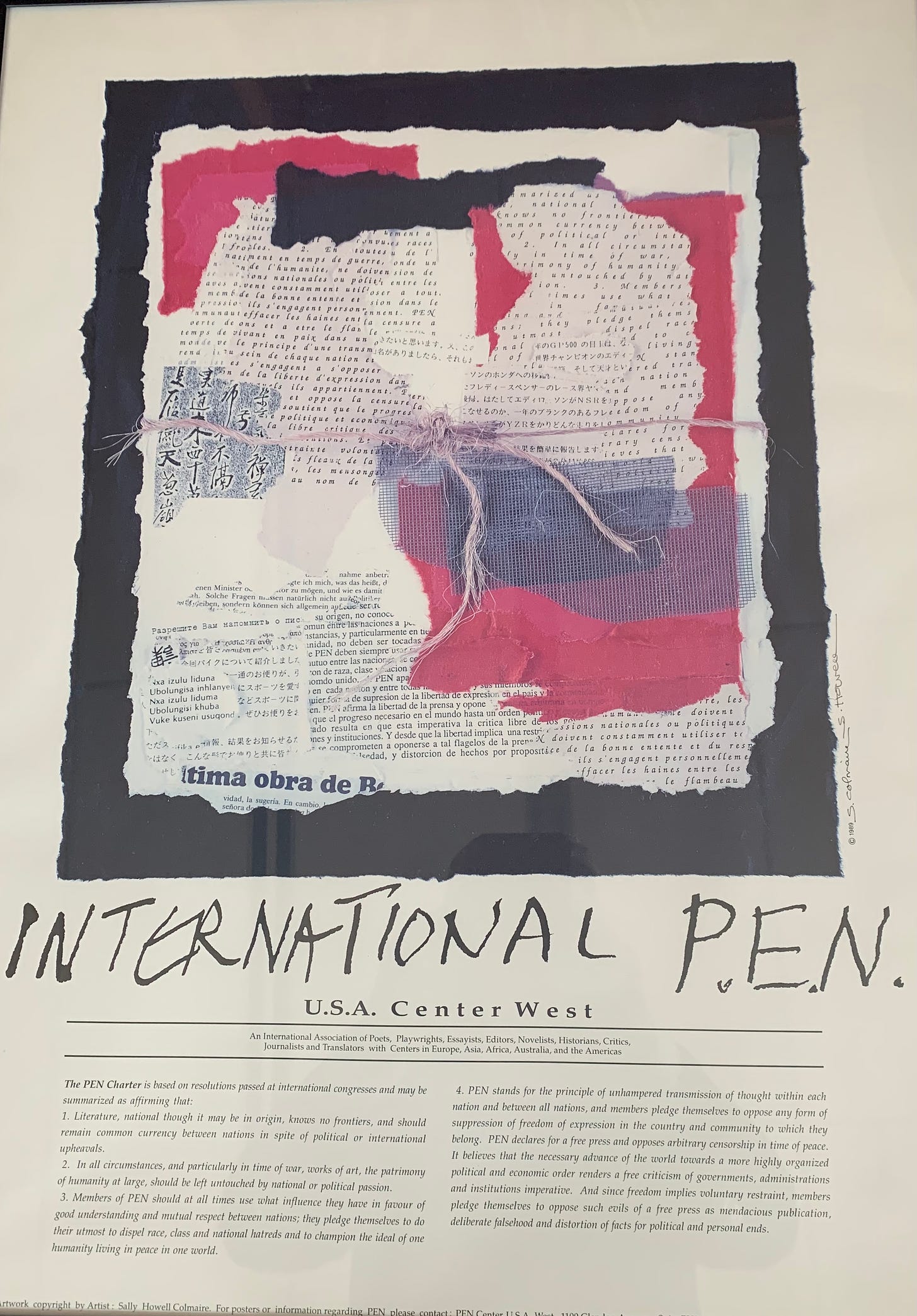Words Matter…Ideas Matter…and Guide
I’m writing this blog on the eve of one of the U.S.’s most fraught—and many feel consequential—presidential elections, at least in my lifetime. By the time many read this, the results may be in, or contested. Recently one of my earlier blogs popped up in my email—I don’t know why—but I followed the link. Written in 2008, the blog addressed ideas that still resonate. I offer it here, slightly edited, with recognition that certain ideas endure and matter.
Words That Matter, March 4, 2008:
I’m writing this, my second blog, on the birthday of my oldest son and a day when much of the U.S. is watching presidential primary results. I find myself thinking about words, action and change—three concepts that have been debated relentlessly on the airwaves in this U.S. primary season. How do words link to actions that bring about change?
Let me start with my son who spends his days in abstract thought. He is a mathematician, a logician, whose thoughts and work are understood by only a very small number of people around the world. He’s taught more accessible math at universities, but his research time is spent thinking and then writing in words and symbols which only a few understand. When I asked him once how his ideas might be applied a hundred years from now, he smiled his patient smile and asked, “Mom, do I ask you how your literature might apply?”
All right, I get that. I understand the value of pure ideas, ideas for their own sake. I understand the need to think and to add to the universe of thought even if one doesn’t know the value the thoughts may have and even if they are shared with only a few. It is a way of ordering, discovering and revealing the harmony of the universe.

Now I want to jump—I wonder how I will do that—to take this narrative to the next idea—well, it’s my blog, no editor—so I can just jump any way I want. Sixty years ago, two documents came into being. One preceded the other by a few months. I have worked with and been inspired by the words and ideas in each. Both documents have brought about a lifting of the global consciousness. Because of these ideas, actions have been undertaken and at least some change has resulted. The first document is known by many in the worldwide community of writers and the second is known by the world at large. Both were developed in the aftermath of the atrocities of world wars. The first is the Charter of PEN International and the second is the Universal Declaration of Human Rights.
PEN’s Charter was 22 years in the making, and its articles were said to have been consulted by those working on the Universal Declaration of Human Rights. PEN International’s first president John Galsworthy wrote the first three articles in 1926 after an argumentative gathering of writers from the East and West in the first international meeting held in Berlin after World War I. The articles he drafted were approved and served as “a touchstone of P.E.N. action.” Eventually they became part of the P.E.N. Charter, which affirms among other ideas that literature should “remain common currency between nations” and works of art “should be left untouched by national or political passion” and members of PEN should use their influence “in favor of good understanding and respect between nations.” The fourth article of the Charter which dealt with censorship was developed after the Second World War. The Charter in its entirety was approved at the Copenhagen Congress of P.E.N. in 1948 shortly before the Universal Declaration of Human Rights came into being.

Both documents were framed in an idealism that confronted the nihilism of the Second World War. The one document was developed by writers, who are suspected of idealism anyway; the other was drafted by experienced politicians, who labored to articulate ideals to which the world might strive.
The Universal Declaration of Human Rights pledges nations to “promote universal respect and observance of human rights and fundamental freedoms.” It was ratified by 48 members of the United Nations with no votes against and eight abstentions. The Declaration is the most translated document in the world today.
It is fair to question whether the words in these documents have led to actions that have brought about progressive change in the world. I suspect the conclusion would be that they have not. Yet it is worth pausing to ask where we would be without the articulation of these ideals set down decades ago.
It is just past the 75th anniversary of both documents. I want to pause to acknowledge and to celebrate the value of words and ideas, to share an optimism that in the long run of history, ennobling ideas and the words that frame them matter and can guide us even in the most fractious times as we set out to shape the future.
Join me on Substack
